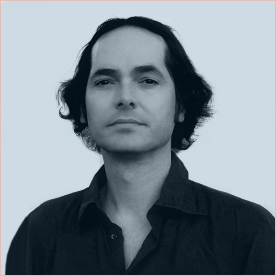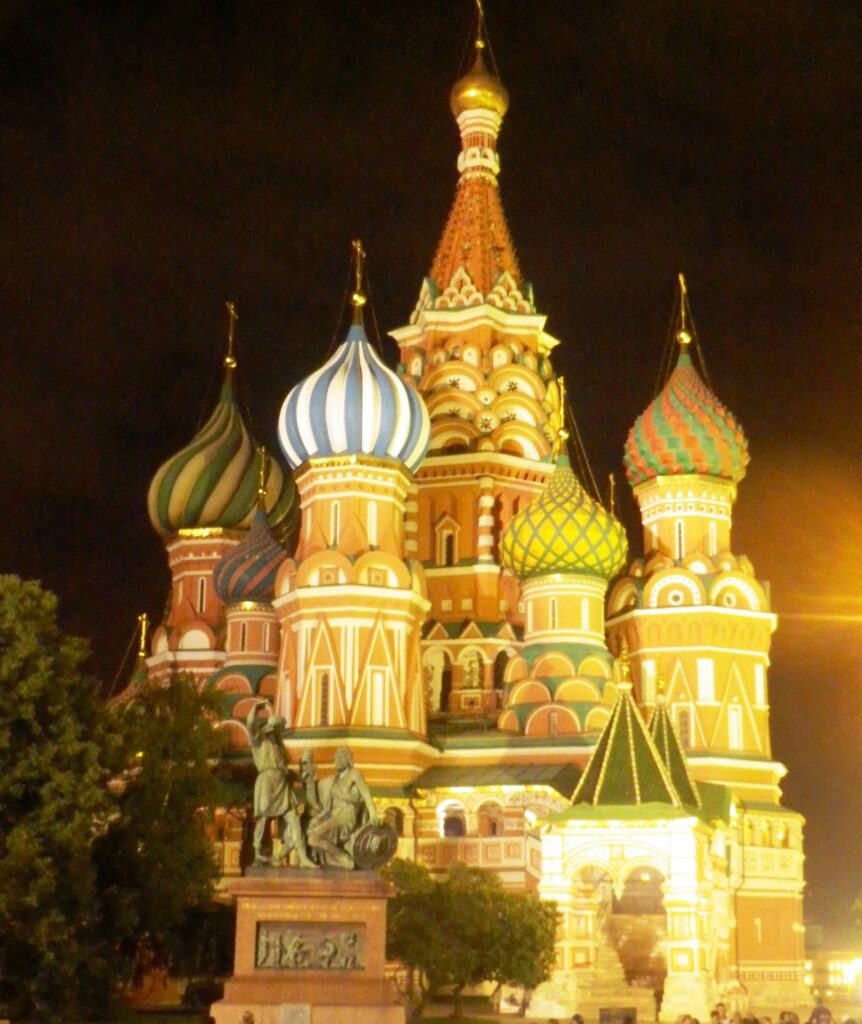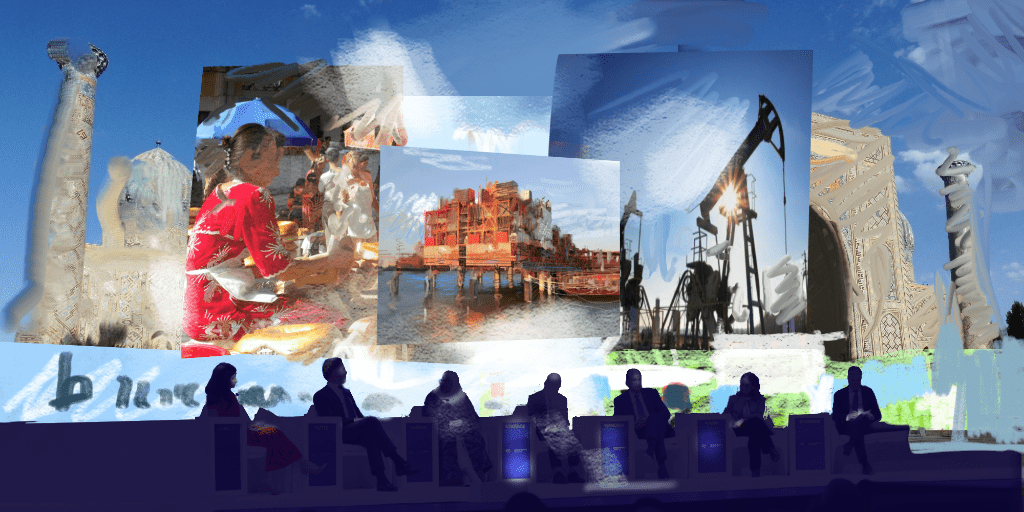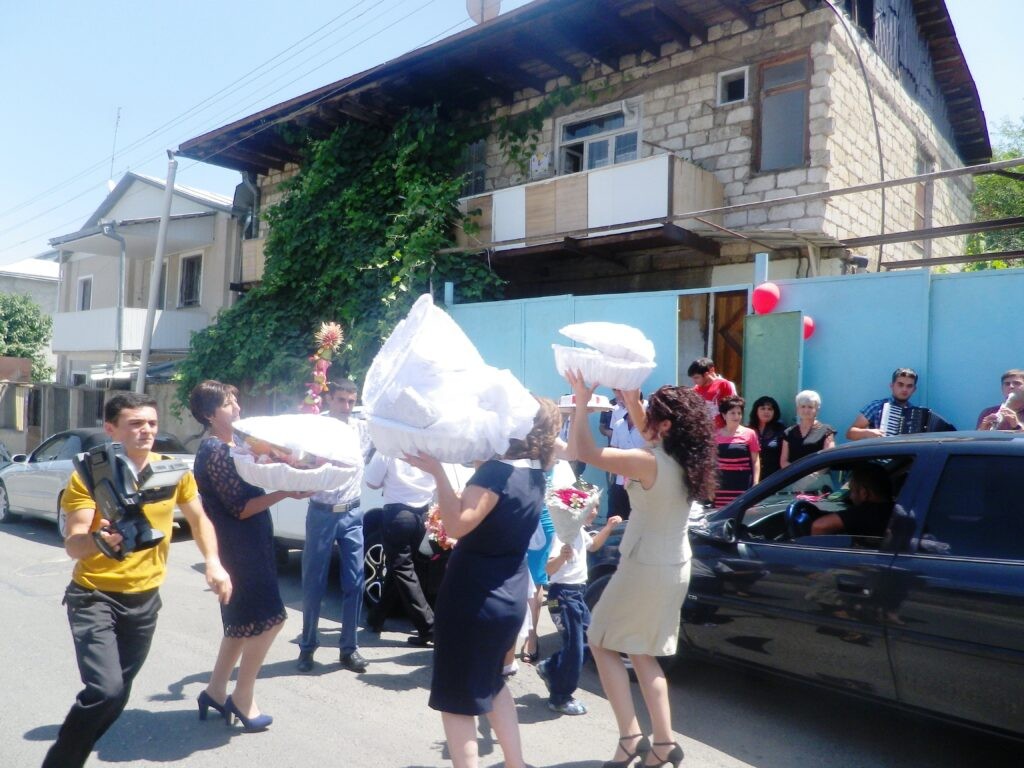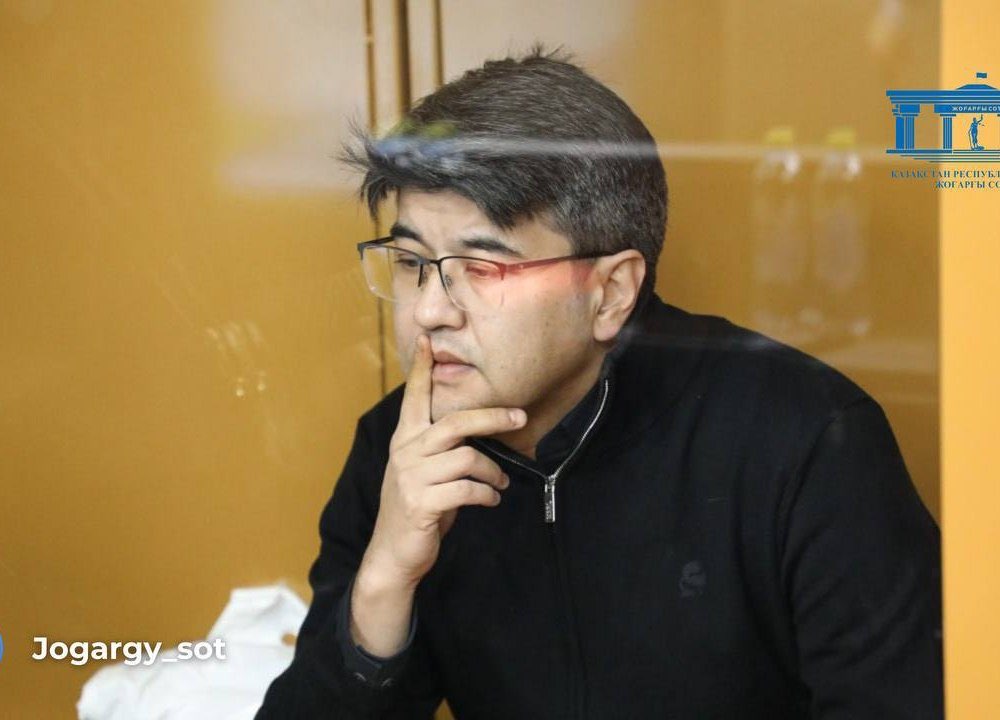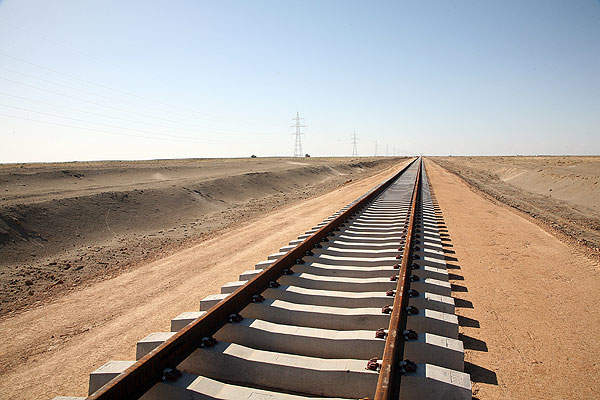Central Asian Leaders Gather in Moscow for Economic Meeting, WWII Anniversary
At the invitation of Russian President Vladimir Putin, Central Asian leaders are arriving in Moscow ahead of celebrations on Thursday of the victory over Nazi Germany in World War II. President Shavkat Mirziyoyev of Uzbekistan arrived in the Russian capital “on a working visit” and will participate in commemorations of the 79th anniversary of victory over the Nazis, Russia’s state-run Tass news agency has reported. It said that Kyrgyz President Sadyr Japarov arrived in Moscow on Tuesday. The leaders of Kazakhstan, Tajikistan and Turkmenistan will also be in town, according to Russian presidential aide, Yuri Ushakov. Putin, who was inaugurated to a fifth term on Tuesday, was scheduled to attend a meeting of the Eurasian Economic Council, a regional trade group, on Wednesday. Also on the guest list were other leaders of member states of the group, including Kazakhstan, Kyrgyzstan, Belarus and Armenia, the Kremlin said. Uzbekistan and Cuba were attending as observer states. Russia has looked to Central Asia to serve as a conduit for trade with as it seeks to circumvent Western sanctions imposed because of its invasion of Ukraine. Russia has said that only representatives from “friendly countries” were invited to the May 9 ceremony in Red Square, an opportunity for Putin to stir patriotic pride and showcase military might in the third year of war in Ukraine. Central Asian countries, as former Soviet republics, were critical to the Soviet war effort in World War II, and have been holding their own solemn commemorations in recent days. Whilst nurturing relations with China and the West, Central Asia countries retain close economic and security ties to Moscow.
1 day ago


